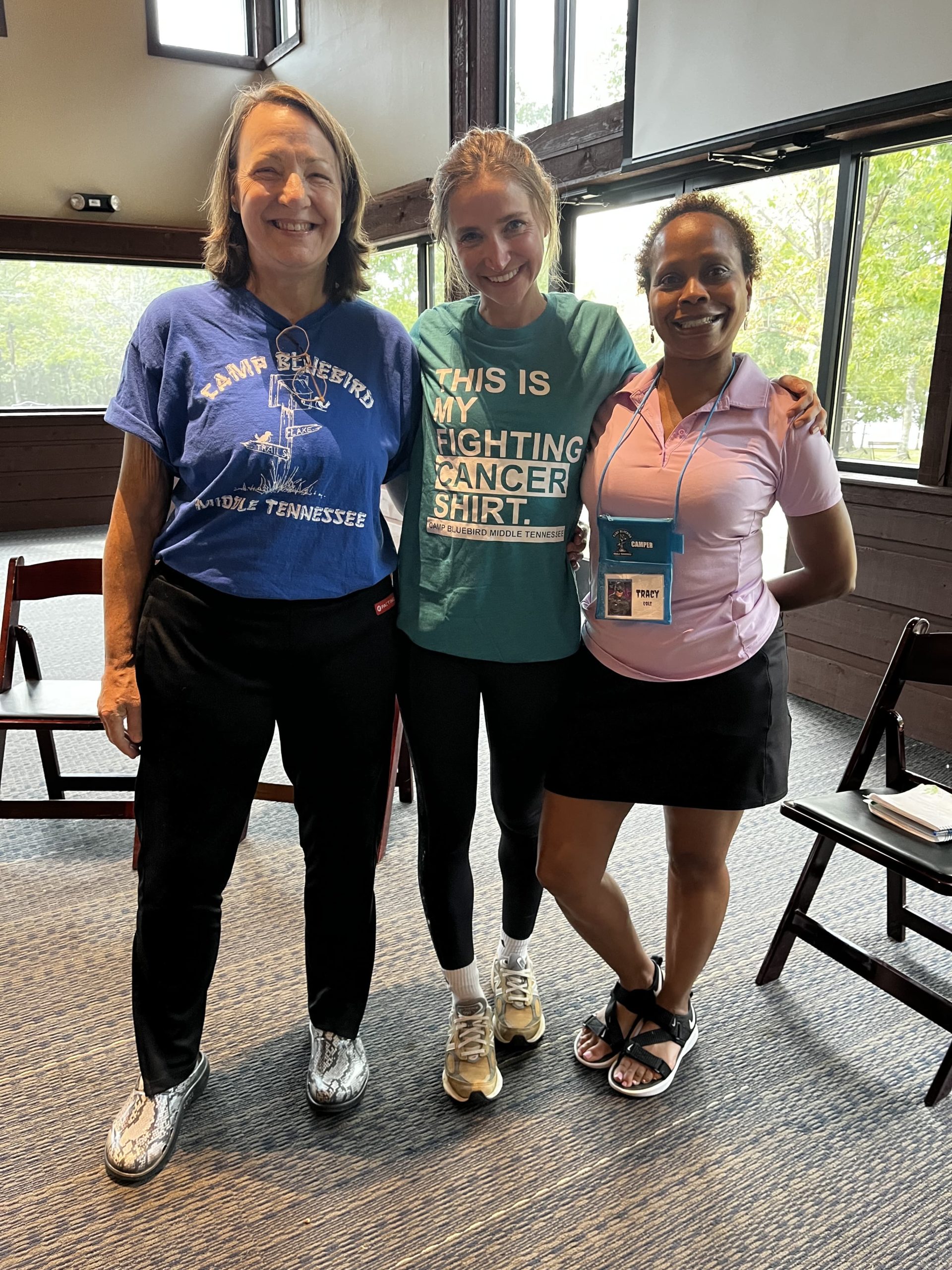Cancer doesn’t wait for the “right time.” It doesn’t care if you’re young, healthy, or planning for one of the most exciting seasons of life. For Jen Lewis, a breast cancer diagnosis came during her journey to become a mom. What followed was an unexpected battle through chemo, surgeries, and recovery—but also a story of grit, grace, and an unshakable hope for the future.
When Jen discovered a lump on her breast just before her fourth round of IUI fertility treatment, her world came to a halt. What began as a hopeful journey toward motherhood quickly turned into a fight for her life. But through every setback, Jen chose to fight hard. And when she was finally ready to rebuild, Survivor Fitness was there to help.
Rebuilding Strength One Rep at a Time
Jen was no stranger to the gym before her diagnosis. Fitness had long been a part of her life. But after 16 rounds of chemo, a double mastectomy, and a massive stomach ulcer, Jen’s body had been through it all. She was ready to heal, and she knew she couldn’t do it alone.
“I figured there had to be some kind of support group that could help me get back in the gym and start over in my strength training,” Jen shared. “My Google search did not disappoint. I found Survivor Fitness!”
She was matched with trainer Mariah Smith at Chadwick’s Fitness in Franklin, and from their first meeting, Jen felt at ease.
“I’m someone who, when I make a decision, I dive RIGHT IN. But Mariah helped me go slow and gave me reasons as to WHY we were going slow. I needed time to heal, and she helped me through it.”
With guidance and encouragement, Jen slowly returned to her strength training routine.
“I’m in no way where I was, but I’m on my way,” she said. “A year after completing the program, I still work out at least three times a week!”
Battling Through Setbacks, Finding Hope
While Jen worked to regain her physical strength, the mental challenges were just as daunting.
“Mentally speaking—WHAT. A. BATTLE,” she admitted. “I was used to doing so much cardio nonstop, curling over 20 pounds, and seeing muscle tone. That all went out the window.”
The emotional toll of seeing her body change and struggling to return to her former abilities was heavy. But Survivor Fitness helped her regain confidence and compassion for herself.
“I’m able to more easily give myself grace now. My body had to do what it had to do in order to stay alive.”
Still, the hardest part of Jen’s journey wasn’t the treatments or surgeries. It was the uncertainty surrounding her dream of becoming a mom.
“I might never be able to have children of my own,” she recalled thinking. “That shook me.”
But with the help of her oncology and fertility teams, Jen was able to freeze embryos before starting chemo and take monthly medication to preserve her reproductive health. And then, nearly a year and a half later, everything changed again.
“On the day of my first Survivor Fitness Soirée, September 2024, MY BODY SAID HELLO! And five months after that, February 2025, God said, ‘I got you,’ even more. My first embryo transfer was positive. I was pregnant.”
A Message to Others: There Is Hope
Jen’s journey is one of strength, setbacks, and soul-deep perseverance. She credits her faith, her care team, and Survivor Fitness for helping her through the hardest season of her life. With her first child due in October 2025, she’s living proof that healing and hope can go hand in hand.
“To anyone on a similar journey: ‘The night is always darkest before the dawn.’ There is hope, and there is help,” Jen said. “Even if you want to yell at God, He can take it. Don’t lose hope.”
Jen also had a special message for her trainer:
“Mariah was wonderful. She knew when to push me and when to hold me back. She’s fantastic, and I’d recommend her to anyone!”
Join the Survivor Fitness Community
Jen’s journey is a powerful reminder that even in life’s most difficult seasons, there is strength to be found. During these seasons, the right support can make all the difference. Through Survivor Fitness, Jen found the guidance, accountability, and encouragement she needed to rebuild her body and her hope for the future.
If you or someone you love is navigating life after cancer treatment, Survivor Fitness is here to walk alongside you. Learn more about our programs or apply today to take the first step toward healing, strength, and a renewed sense of self.


